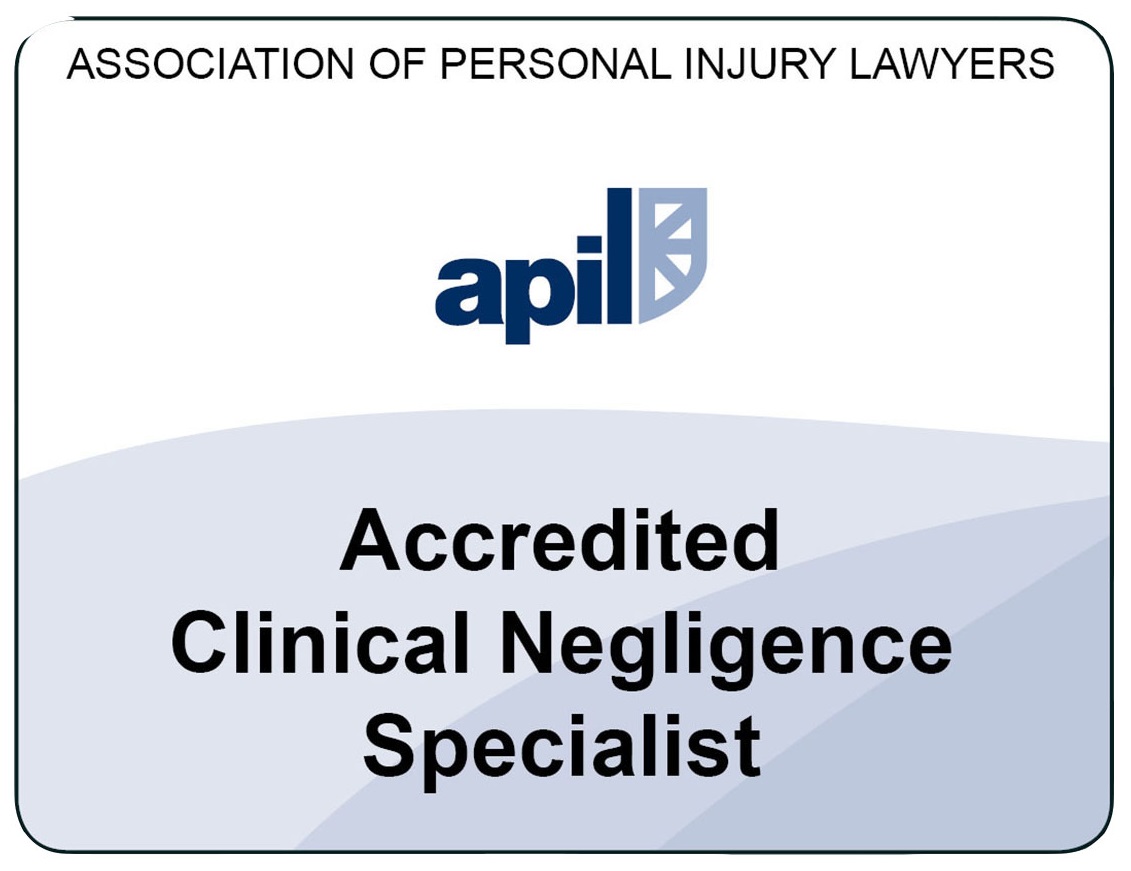Inquest solicitors
Inquests investigate unexpected deaths after medical procedures or accidents. They can be very stressful for families, but we can help make it easier for you.

Expert Inquest lawyers: Supporting families
When a loved one dies, this is a particularly difficult time but when the death was unexpected or unexplained, it can be even harder. There may be an inquest as well.
Led by Partner Tim Deeming, also Deputy Assistant Coroner for Suffolk, our specialist inquest team have extensive experience and expertise in this area.
Specialist inquest solicitors
An inquest should pinpoint what went wrong and why. It can help you make sense of what happened and gain closure. However, an inquest into a loved one’s death can be very difficult to go through. Most families feel ill-equipped to deal with this on their own, but you don’t have to. Our specialist inquest team can help.
Free consultation
We offer an initial free 30 minute, no obligation consultation. We will discuss the options for funding the inquest at that stage, but if you want to know more now, please get in touch.
Legal representation at an inquest
A solicitor can support you through the inquest process and do as much as you need including:
- provide guidance about what happens at an inquest and what to expect
- discuss which witnesses will be called with the coroner and highlight the issues we think need to be considered
- legal representation at the inquest – making sure your voice is heard
- help you raise awareness about the issues surrounding your loved one’s care, through working with our media team.
For many families, it’s also important to know that healthcare providers learn from any mistakes made during their loved one’s care. Based on the results of the inquest, coroners can even recommend changes to procedures.
Bereavement claims after a death
We may be able to help you make a claim for compensation if the death was due to medical negligence.
We’re here to help
Come in for a free, confidential, no obligation chat, or fill out our enquiry form and we will let you know how we can help. We can also visit you at home if you wish.
Our medical negligence lawyers are based in:
- Cambridgeshire: Cambridge
- Essex: Brentwood, Chelmsford and Saffron Walden
- Hertfordshire: Bishop's Stortford and Royston
But we can help you wherever you are in England and Wales.
Deaths & Inquests FAQs
Inquests into a death are held if the cause of death is unknown or if the death was unexpected, sudden or suspicious. Inquests are held at the Coroner’s Court, where the Coroner will look at evidence to determine how, when and where the person died.
At the inquest, the Coroner’s job is to establish the facts about the death. During an inquest, the Coroner may:
- Call individual witnesses to give evidence (for example, doctors or nurses)
- Ask the family to talk about the deceased (for example, their family life and work)
- Call specialist witnesses to give evidence (such as medical experts).
At the end of the inquest, the Coroner will make their decision. This is shown on the death certificate.
During a difficult time, representation by a lawyer at the hearing may result in further evidence and information being discovered which could be extremely useful to the family.
The legal representative may also be able to help the family influence the types of questions asked by the Coroner, as well as the evidence called. In turn, this may assist the family to gain a better understanding about what happened, gain the closure they deserve and could also possibly assist in any potential future compensation claim.
A post-mortem is a medical examination of the deceased, to determine the cause of death. It can also be referred to as an autopsy.
It is possible that new and unexpected medical details are obtained about the cause of death, via a post-mortem. Such information could prove invaluable in terms of any compensation claim.
It is important that a defendant is informed of the death and provided with the coroner’s details once a claim has started. This is because the civil court may not allow a compensation claim to be pursued, if the defendant has not been provided with the chance to obtain the necessary medical details.










